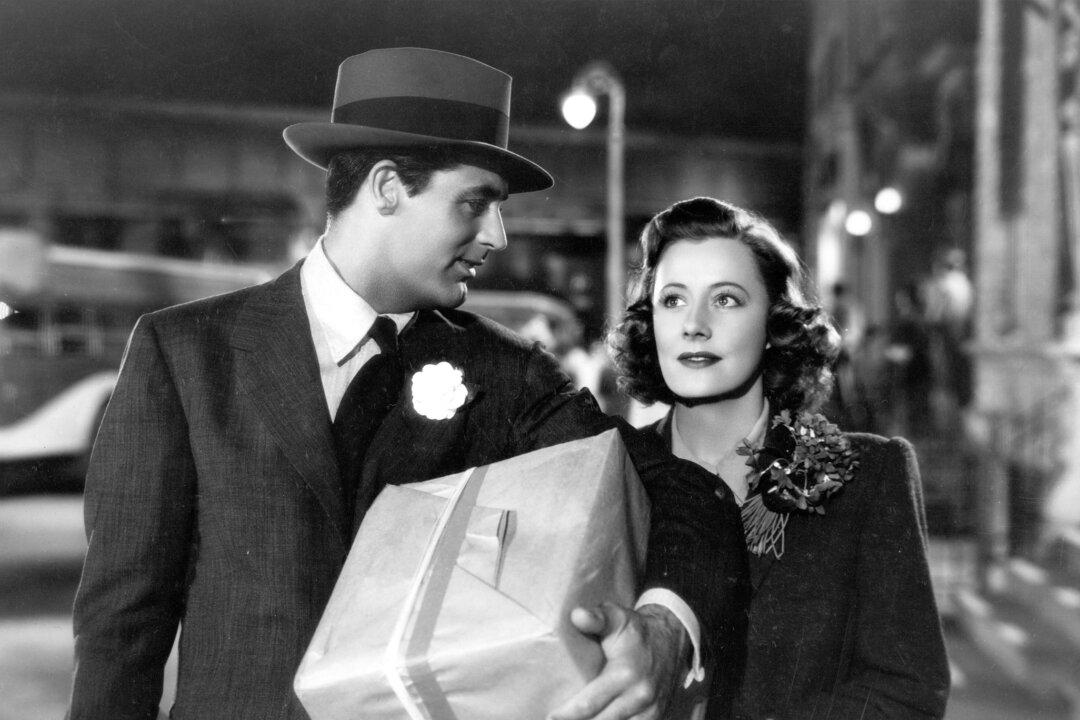1941 | NR | 1h 59m | Drama, Romance
I’m normally not a big fan of melodramas. By their very definition, they typically feature overly sensationalized elements in their narratives that are designed to elicit intense emotional responses. While this might appeal to some, I feel as though they can be rather manipulative in arousing viewers’ sympathies.






